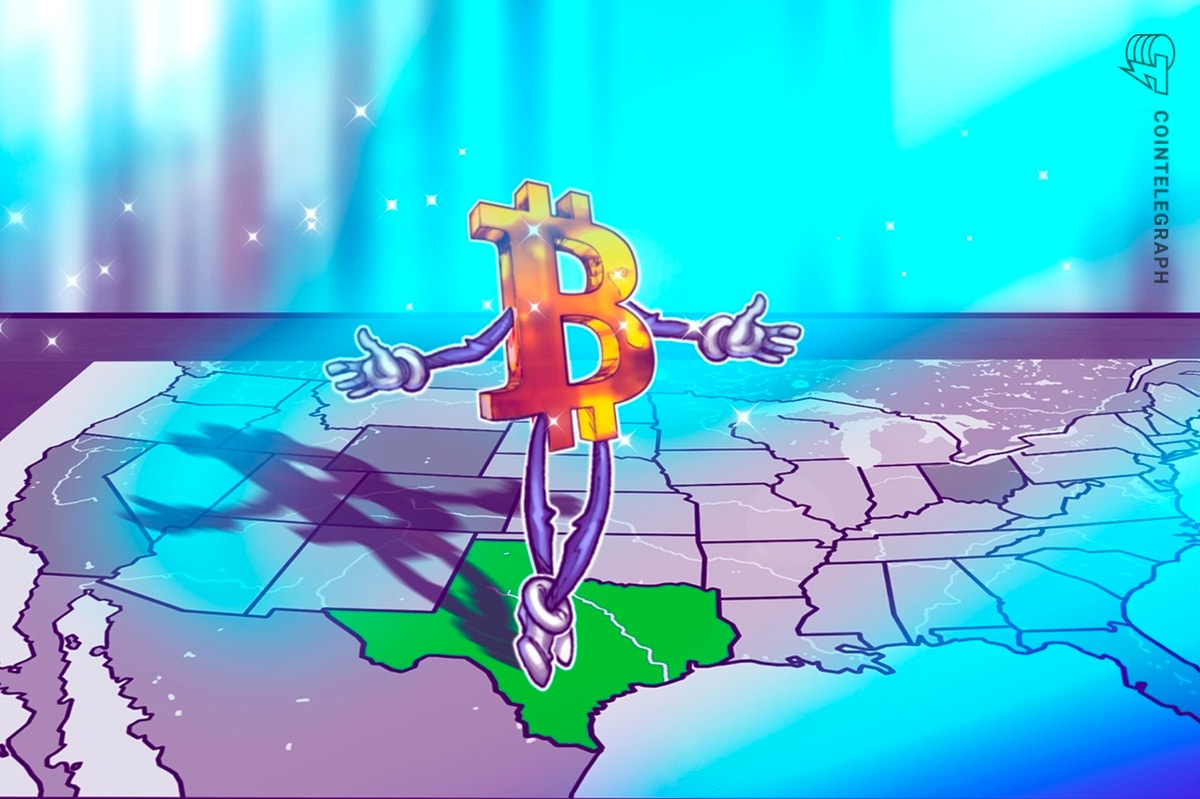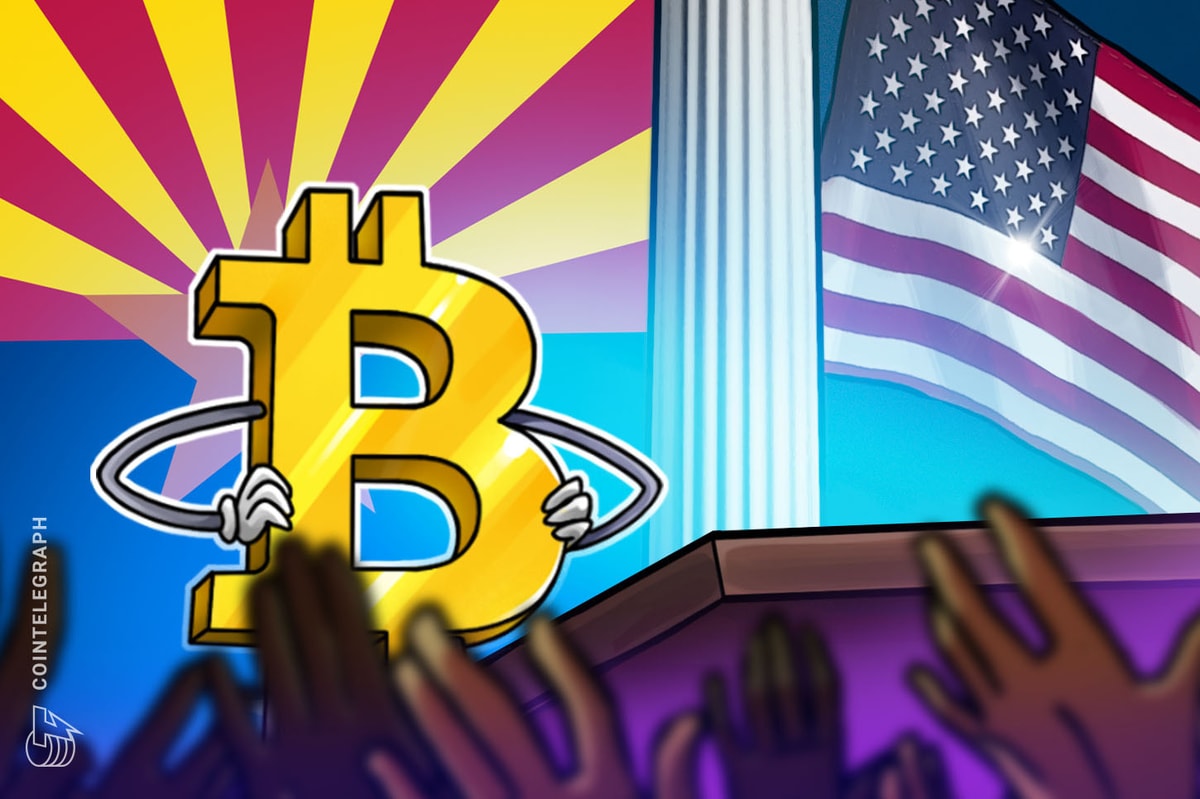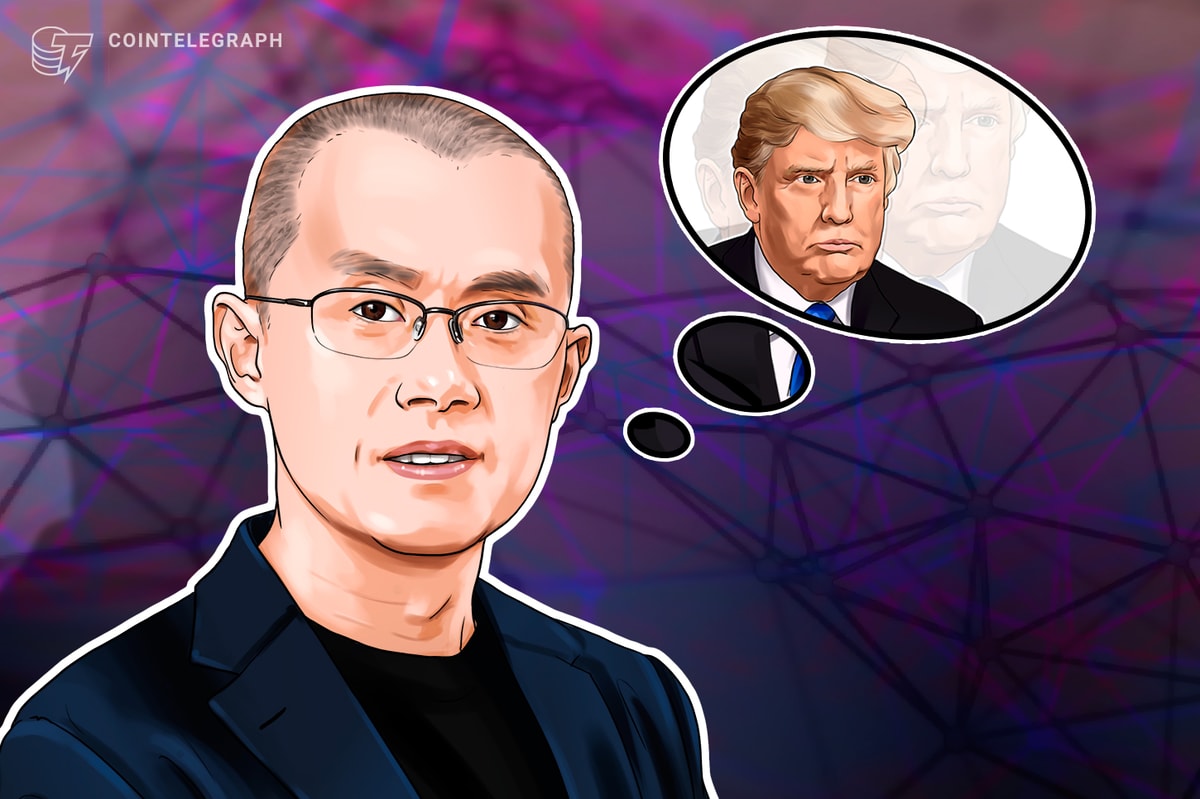Chrystia Freeland, serving as deputy prime minister to Canadian Prime Minister Justin Trudeau, announced that she would step down as the country’s finance minister after being offered “another position” in the cabinet.
In a Dec. 16 X post, Freeland said she had resigned from her position as finance minister after being offered another position in government by the Canadian Prime Minister. According to Freeland, she and Trudeau had “found [them]selves at odds” with policies, citing potential tariffs that United States President-elect Donald Trump has threatened to impose on Canada.
“We need to take that threat extremely seriously,” said Freeland, referring to Trump’s proposed tariffs, adding:
“That means eschewing political gimmicks, which we can ill afford and which make Canadians doubt that we recognize the gravity of the moment.”
Canadian finance minister’s letter to PM Justin Trudeau. Source: Chrystia Freeland
On Nov. 25, Trump vowed to impose 25% tariffs on imports from Canada, which could end up in a trade war between the two countries. Prime Minister Trudeau traveled to Florida to speak with Trump at his Mar-a-Lago home, with both calling the meeting a “productive” discussion.
Role in the 2022 truckers’ protest
Freeland served as Trudeau’s deputy prime minister since 2019 and finance minister since 2020. She defended the government’s handling of freezing crypto and fiat donations to Canadian truckers who, in 2022, blocked the streets of Ottawa in an apparent protest of the nation’s COVID-19 restrictions.
Trudeau invoked Canada’s Emergencies Act to freeze the protesters’ bank accounts and monitor “large and suspicious transactions,” including those made using digital assets. The move was highly criticized by many in and out of the crypto industry, who called it an overreach of government authority on citizens’ wallets.
Related: Crypto community condemns Canada for freezing dissidents’ Bitcoin wallets
As prime minister, Trudeau has announced massive investments in AI infrastructure. However, he has also suggested that digital assets did not offer refuge from inflation in Canada.
On Dec. 12, the city of Vancouver City passed a motion submitted by Mayor Ken Sim to potentially set up a Bitcoin (BTC) reserve. The legislation seemed to be in response to many US states and the federal government introducing similar bills to establish BTC reserves.











